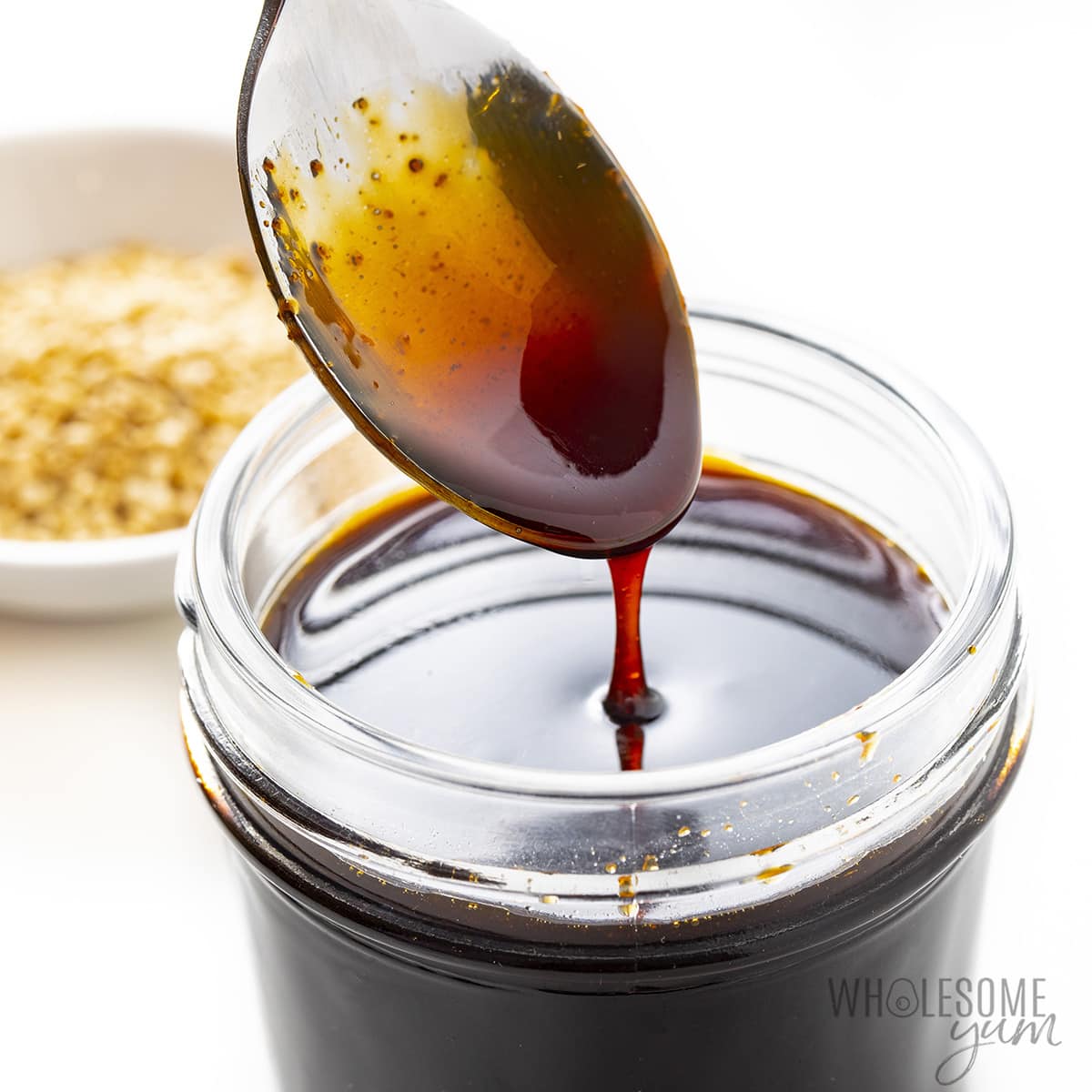
Smart Ways to Track Carbs in Asparagus for a Healthier 2025
As we strive for a healthier lifestyle in 2025, tracking nutrient intake has become paramount. Among the array of vegetables, asparagus stands out not only for its unique flavor but also for its nutritional profile. Understanding the carbs in asparagus can aid individuals in making informed dietary choices, especially for those on low-carb diets or those paying closer attention to their carbohydrate intake.
In this article, we will explore the nutritional value of asparagus, focusing on its carbohydrate content and other essential nutrients. We will discuss the health benefits of asparagus, explore various cooking methods, and unveil healthy recipe ideas that will help you include this powerhouse vegetable in your diet. By the end, you will have a comprehensive understanding of how to incorporate asparagus into your meals while keeping your carbohydrate intake in check.
Understanding Carbohydrates in Asparagus
Carbohydrates Overview: What to Know
Carbohydrates are crucial to our diet, as they provide energy. However, not all carbs are created equal. Simple carbohydrates found in sugary foods are best avoided, whereas complex carbohydrates found in vegetables like asparagus are beneficial. This vegetable has a relatively low carbohydrate count, making it an excellent choice for those monitoring their carb intake.
How Many Carbs in Asparagus?
To put it into perspective, how many carbs in asparagus? Raw asparagus contains approximately 3.7 grams of carbs per 100 grams. This makes asparagus a low-carb vegetable, ideal for keto diets. Understanding asparagus carbs per 100g enables individuals to make direct comparisons with other vegetables and helps track their carbohydrate intake effectively.
Asparagus Fiber Content
One of the main aspects of the dietary fiber in asparagus is its health benefits. With around 2.1 grams of fiber per 100 grams, asparagus contributes to digestive health by improving gut function and aiding in regular bowel movements. Fiber has additional benefits, such as reducing the risk of heart disease and promoting satiety, which is perfect for anyone looking to manage their weight.
Health Benefits of Asparagus
Nutritional Profile of Fresh Asparagus
Asparagus is a treasure trove of nutrients. It is rich in vitamins A, C, E, and K, and also provides a good source of folate, which is essential for cell repair and the creation of DNA. The asparagus vitamins and minerals contribute to improved overall health, making it a fantastic addition to any diet.
Asparagus and Gut Health
Eating asparagus benefits your gut health significantly. The fiber found in this vegetable helps foster a healthy microbiome, supporting the growth of beneficial gut bacteria. Asparagus for better digestion is particularly crucial, as it helps mitigate issues like bloating and constipation, promoting a smoother digestive process.
Asparagus for Heart Health
The antioxidants and phytochemicals present in asparagus play a vital role in heart health by fighting free radicals and reducing inflammation. Regular consumption may aid in lowering blood pressure and maintaining a healthy heart. The health benefits of asparagus extend to its role in preventing heart disease, making it a wise choice for heart-conscious individuals.
Asparagus Cooking Methods for Better Nutrition
Roasting Asparagus: Nutritional Considerations
Roasting is one of the preferred cooking methods that enhance asparagus's flavors. However, it is essential to note that cooking can alter its nutrient profile. Roasted asparagus nutrition remains intact, providing a delicious yet healthy option. A sprinkle of olive oil and seasonings can make it a delightful side dish.
Steamed Asparagus: Maintaining Nutrients
Steaming asparagus is highly recommended for those focused on nutritional value. It preserves most of the vitamins and minerals, making steamed asparagus a fantastic addition to meals. The steamed asparagus health benefits include easy digestion and maximized nutrient absorption, ideal for those looking to maintain a healthy diet.
Sauteed Asparagus: Nutritional Tips
When sautéing asparagus, it's crucial to keep the cooking time short to retain its vitamins. Asparagus sautéed nutrients can be enhanced by adding garlic, lemon juice, or other vegetables, ensuring a balanced and nutritious meal. Always aim for minimal oil to keep it low in calories while maximizing taste.
Asparagus Recipe Ideas for Healthy Meals
Healthy Asparagus Salads
Incorporating asparagus into salads is a refreshing way to enjoy this versatile vegetable. An asparagus salad recipe can include mixed greens, cherry tomatoes, and a light vinaigrette, providing a delicious mix of flavors and nutrients.
Comforting Asparagus Soup
An asparagus soup recipe offers a warming option packed with vitamins. Using fresh asparagus, broth, and spices, this simple dish can be both nutritious and comforting, perfect for chilly evenings.
Quick Asparagus Meals
For quick asparagus meals, consider stir-fries or pairing it with lean proteins for a complete dish. Recipes that utilize asparagus are often straightforward, ensuring preparation doesn’t compromise busy lifestyles.

Tracking Asparagus Intake for Optimal Health
Meal Prep with Asparagus
Meal prep with asparagus can simplify your week, making it easier to include in various dishes while monitoring your intake. Preparing portions ahead of time ensures you get the desired nutrition in your daily meals without excessive planning.
Incorporating Asparagus into Meal Plans
When planning meals, consider the asparagus diet plan where you include this vegetable several times a week. Asparagus’s low carbs and abundant vitamins make it suitable for multiple diets, enhancing overall nutrient density.
Balancing Meals with Asparagus
To achieve a well-rounded diet, learning to balance meals with asparagus is key. Pairing it with whole grains, lean proteins, and healthy fats ensures all necessary nutrients are consumed, optimizing health benefits.

Final Thoughts on the Benefits of Eating Asparagus
In conclusion, tracking the carbs in asparagus helps maintain a healthy diet without sacrificing flavor. This vegetable not only enriches meals with its unique flavor and diverse nutritional benefits but also supports various health goals. By incorporating asparagus into your diet through different cooking methods and recipes, you can enjoy its myriad health benefits while effectively managing your carbohydrate intake.
As we embrace healthier eating habits in 2025, harnessing the powerful nutrients of asparagus is a smart way to build balanced meals. Remember, every serving matters, and with a little creativity, asparagus can become a staple in your healthy eating journey.
P.S. For more healthy eating inspiration, don't forget to check out seasonal asparagus options and learn more about its antioxidant properties!